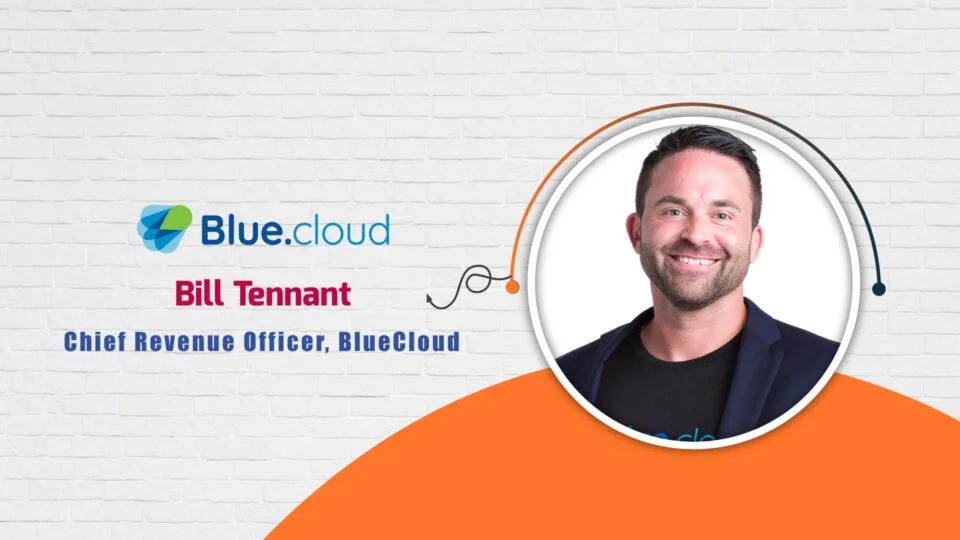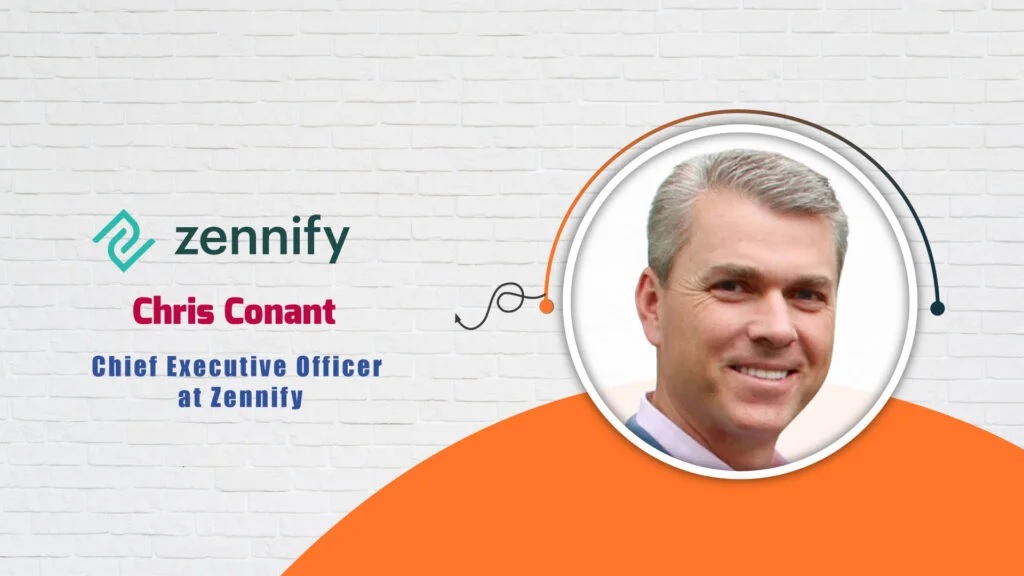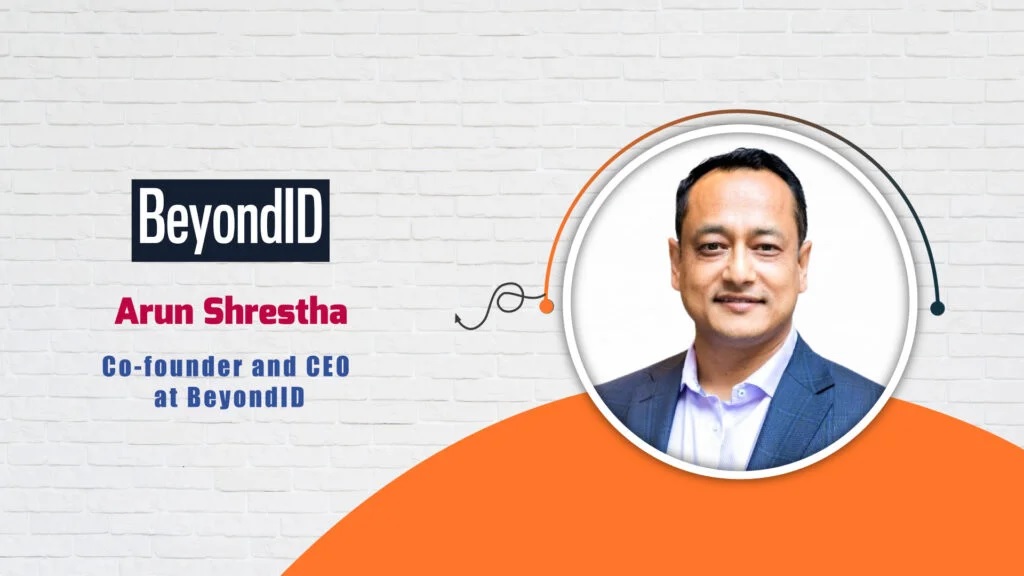Hello Bill, we’re delighted to have you with us, could you provide an overview of your professional journey leading up to your current role as Chief Revenue Officer at BlueCloud?
I come from a family of entrepreneurs, finding ways to help support the family business from an early age. My first job was cleaning cars at my parent’s car rental company in Buffalo, NY. We worked hard and constantly discussed business, outcomes, and the variables that could be controlled to help drive the company KPIs in the right direction. It was a central part of my life. As I progressed through my academic journey, my focus was on financial and accounting management. However, my practical experiences led me away from the traditional paths of corporate and public accounting and towards a career in sales within the financial services sector. Over the years, I gained extensive exposure to businesses of all sizes, from small enterprises to corporate giants like General Electric. This diverse background equipped me with a comprehensive understanding of financial operations, laying the groundwork for my transition into business intelligence and analytics. Embracing emerging technologies, I navigated through various roles spanning sales, customer success, and solution engineering across multiple organizations. Despite experiencing success in different environments, I continually sought challenges that would leverage my financial expertise and keep me at the forefront of technological innovation. My journey eventually led me to ThoughtSpot, where I spearheaded market expansion efforts and rose through the ranks to manage multiple regions. However, it was my alignment with BlueCloud’s vision and values that ultimately drew me to my current role. Here, I’ve found the perfect combination of my diverse skill set and passion for driving business outcomes through transformative technologies.
In your extensive experience, what specific challenges do IT companies and consulting firms encounter when adapting to the rapidly evolving digital landscape?
I’ve observed that one of the primary challenges is the necessity for clearly defined business values and a willingness to embrace change. This dynamic closely mirrors the fundamentals of a standard sales process. Just as in sales, it’s crucial to identify and understand the pain points driving the need for change. While it may seem tempting to stick with legacy technology, the risks associated with maintaining outdated systems can be just as significant, if not more so, than keeping pace with the evolving technological landscape. At its core, navigating this landscape requires effective change management and risk mitigation strategies. Moreover, it involves bridging the gap between technical solutions and non-technical stakeholders within organizations. For IT companies and consulting firms like ours, this often entails dedicating time and resources to ensure that stakeholders comprehend how technology integration aligns with and supports their overarching business objectives. Ultimately, the conversation must revolve around the delivery of tangible business outcomes and value rather than merely implementing cutting-edge technology for its own sake. If we fail to address this fundamental aspect, we risk providing solutions that lack meaningful impact and fail to meet the client’s objectives. Therefore, our challenge lies in consistently facilitating discussions that center on the alignment of technology with specific business needs and desired outcomes.
To Know More, Read Full Interview @ https://ai-techpark.com/aitech-interview-with-bill-tenant-cro-at-bluecloud/
Related Articles -
Top 5 Data Science Certifications
Trending Category - Mental Health Diagnostics/ Meditation Apps




